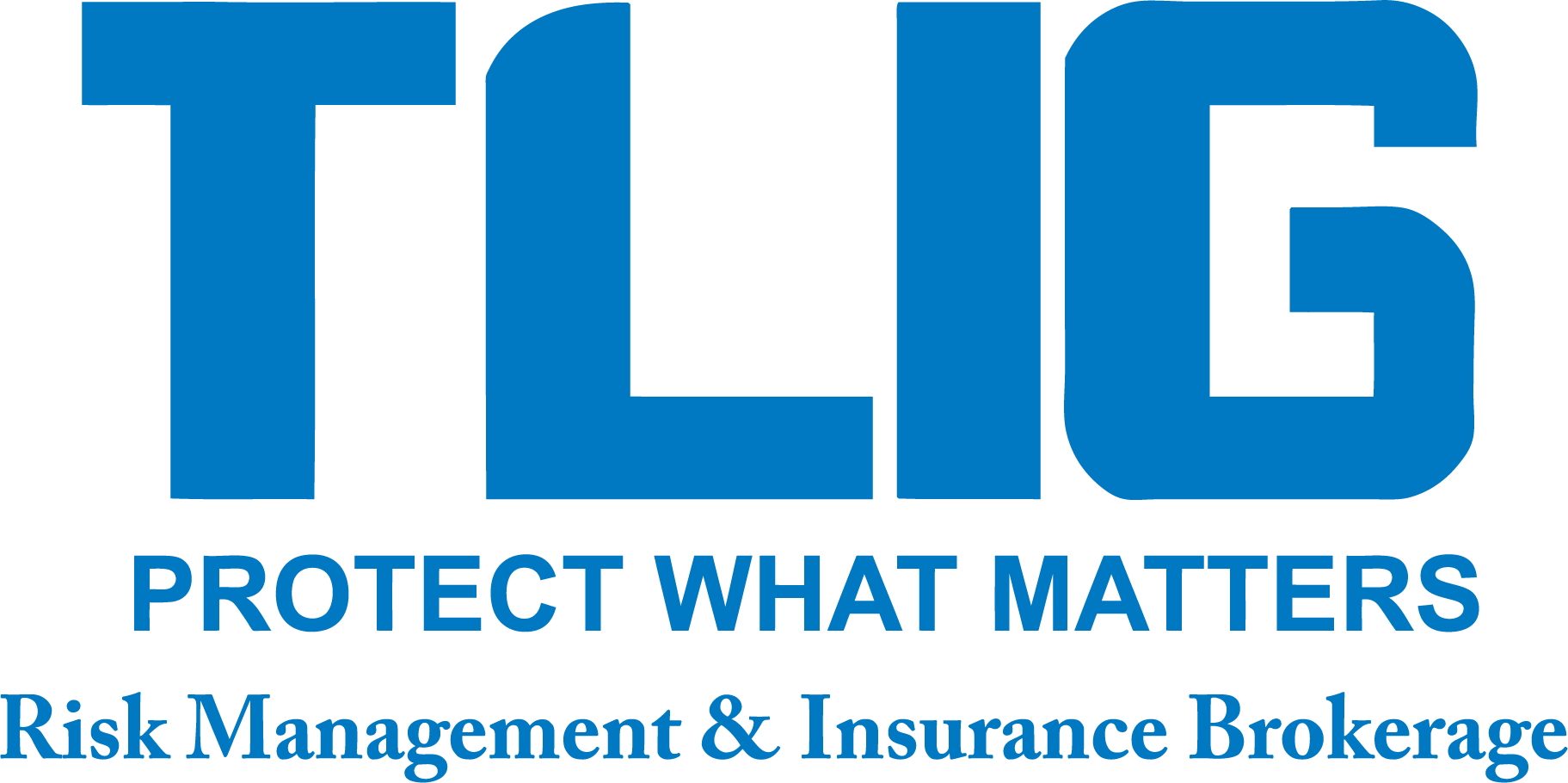5,000. That’s the number of earthquakes felt in the United States each year. Popular belief may consider California to be the state at most risk of an
earthquake, but since 1900, earthquakes have caused damage in all 50 states, according to the Insurance Information Institute.
In fact, Oklahoma was struck by at least 10 minor earthquakes in a two-day period in late August 2009. These were strong enough to be felt throughout the central part of the state.
While Alaska experiences more earthquakes that any other state, California remains the greatest risk for widespread and catastrophic damage to property. A 2006 forecast by experts from the U.S. Geological Survey, the Southern California Earthquake Center, and the State Geological Survey said that the state is virtually certain to be hit by a major earthquake by 2028.
Despite numerous warnings, only 12 percent of Californians own earthquake insurance, down from 30 percent in 1996 — when the state was still recovering from the devastating 1994 Northridge earthquake, which at an estimated $20 billion in property damage was the most-costly quake in U.S. history.
Homeowners and business owners have limited or no protection provided by their existing insurance coverage for damages resulting from earthquakes. Some damages caused by specific conditions subsequent to the shaking and cracking — such as fire due to broken gas lines or water damage due to burst water pipes — may be covered by home and business insurance policies, according to the Insurance Information Institute. However, property owners should be aware that property insurance does not cover the damage or destruction of buildings or personal property caused by the shaking and cracking of an earthquake.
It is specialized earthquake insurance that provides financial protection for property owners at risk of earthquake damage, explains the Insurance Information Institute. Who should buy earthquake insurance? United Policyholders, a non-profit organization focused on educating the public on insurance issues and consumer rights, draws the following conclusion: “If you live in [earthquake] country, have equity in your home and couldn’t afford to rebuild it on your own, buying earthquake insurance makes financial sense. It really is that simple.” The organization also warns that government and charities may not be able or willing to provide rebuilding resources after an earthquake disaster.
Earthquake insurance policies are provided by a small number of private insurance carriers. In California, the California Earthquake Authority, a privately funded, publicly managed organization, provides homeowners with earthquake insurance.
For earthquake insurance, it’s important to consider having enough coverage to repair or rebuild a home in light of building code improvements put in effect after the house was built. Plus, consumers will need funds for living expenses while the earthquake-damaged house is repaired.
TLIG is a local Trusted Choice® agency that represents multiple insurance companies, so it offers you a variety
of personal and business coverage choices and can customize an insurance plan to meet your specialized needs.
You can visit TLIG online at www.tligins.com
or call us at (434) 582-1444.

